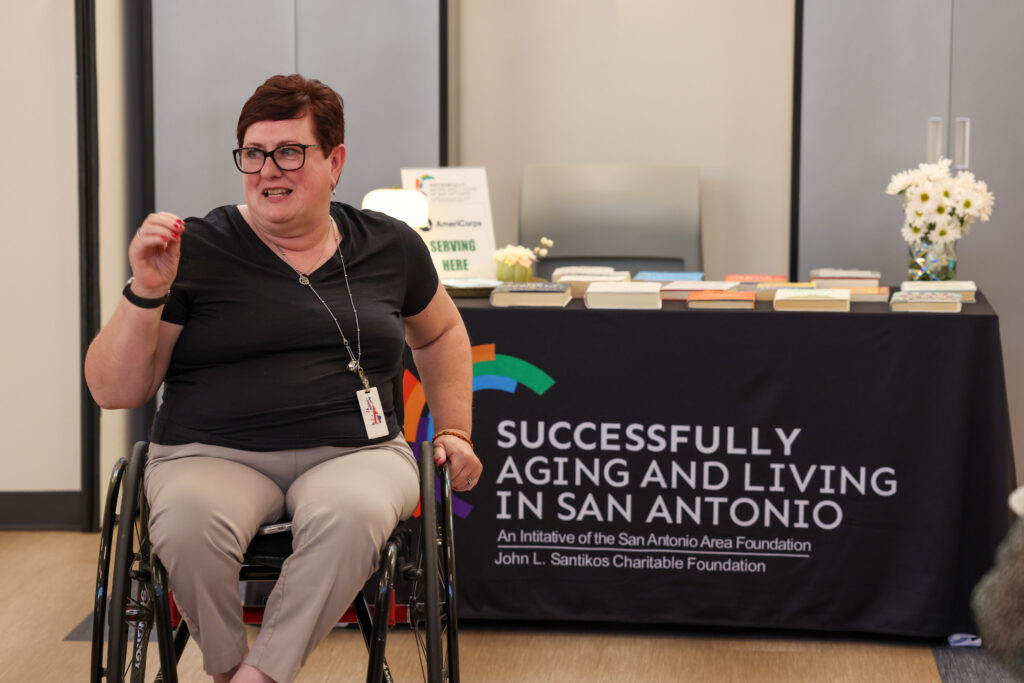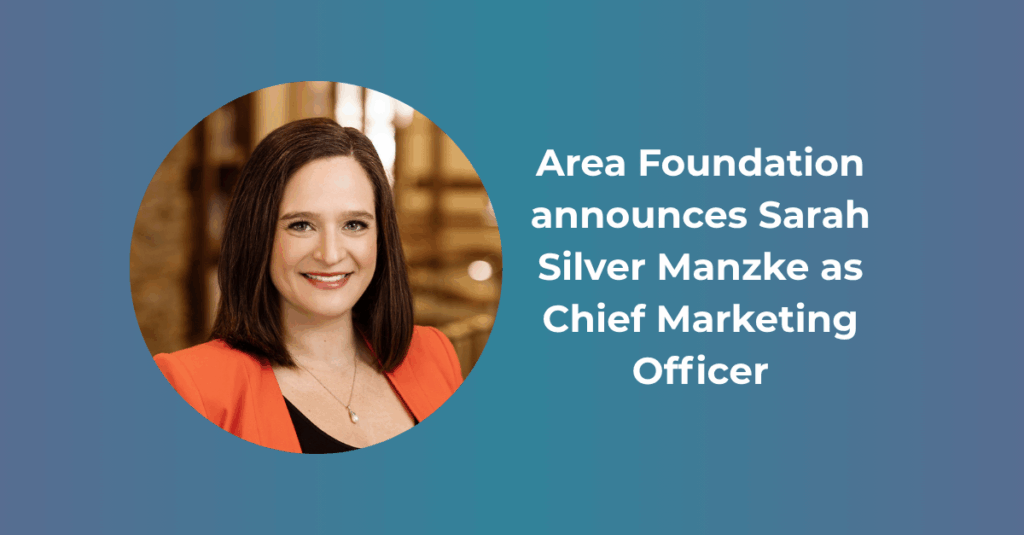The population of people 85 and older – those most likely to need care – is expected to grow exponentially in the coming decades. They often face progressively debilitating conditions, often requiring around-the-clock care that falls to family members.

According to the National Council on Aging (NCOA), there are currently more than 53 million family caregivers nationwide. This care is often unpaid for, the caregivers often forced to either sacrifice working hours at their primary jobs, turning down promotions, or even leaving jobs entirely. All told, it has an economic impact of more than $470 billion each year, according to NCOA.
Former First Lady Rosalyn Carter once said: “There are only four kinds of people in the world: those who have been caregivers, those who are currently caregivers, those who will be caregivers, and those who will need caregivers.”
While economics are surely a factor, it’s hardly the only cost associated with being a caregiver. The emotional, mental and physical tolls are virtually incalculable. That is partly why November is recognized as National Family Caregivers Month.

“Six out of 10 caregivers are employed, so they’re doing double duty for the people that they love,” said Jane Paccione, Managing Director of Collective Impact at the San Antonio Area Foundation (SAAFdn). “I feel that if we all had T-shirts that said ‘caregiver,’ we’d all have a better understanding of just how many there are.
Paccione oversees the Area Foundation’s Successfully Aging and Living in San Antonio (SALSA) initiative not only has developed a toolkit for caregivers (available in English and in Spanish), but they have also set up a workgroup that has specifically worked on how organizations can better support employees who are caregivers. According to American Association of Retired Persons (AARP), employers pay $6.6 billion each year to replace employees that leave the workforce to be a family caregiver.
“Being a caregiver is really hard, it’s physically hard, it’s emotionally hard,” Paccione said. “It’s almost a privilege to be able to look after and care for someone, but it’s also emotionally draining and physically taxing. Our goal is to make sure caregiving is not an either-or situation. It’s either my job or this. That’s why resources and support are so important.”
This is a reality that’s all too familiar to Dianne Teran, Program Manager with the South Texas Chapter of the Alzheimer’s Association, a member of the SALSA coalition. As of 2023, the association estimates that there are over 11 million unpaid dementia caregivers in the country. It is one of the most stressful conditions that family caregivers are confronted with.

“At the Alzheimer’s Association, we talk a lot with dementia caregivers about kind of continual losses throughout the journey,” Teran explained. “The person they are caring for is still there physically in front of them, but they are losing their memories. They’re losing the ability to speak and take care of themselves. So, these caregivers are not just losing their loved ones, but they’re also experiencing those kinds of losses along the way, which is just so challenging. We have a caregiver’s support group that deals with this.”
The ultimate goal is caring for a loved one in a time when they cannot care for themselves. For family caregivers, November is a great time to remember that while they might feel like they are alone in the struggle, there is help and support out there for them, as well.
“Caregiver competence and managing stress is key. The more competent a caregiver is in what they’re doing, that will lessen some of the stress they experience. It’s also important for these caregivers to develop a support system for themselves,” Teran said.
Want to help SALSA’s work helping caregivers and advocating for older adults? Just go here to get started.
Eric Moreno is a contributor to the San Antonio Area Foundation Marketing & Communications Storytelling Ambassador Network.


Our hearts are with the Kerrville community following the devastating flooding.
Please consider making a donation to help our neighbors rebuild by clicking here.